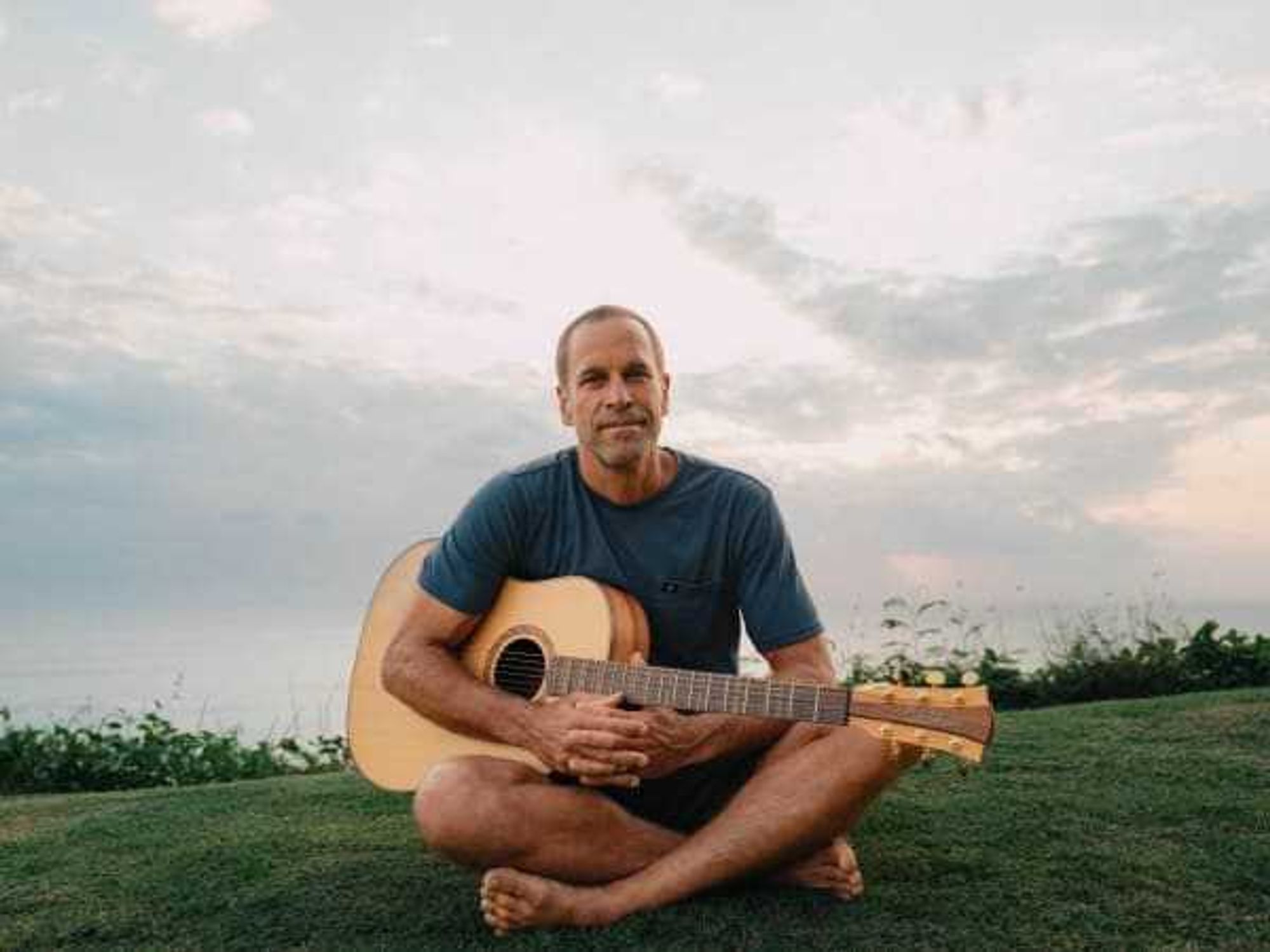Progressive Forum
Order in the court: John Paul Stevens reflects on Bush v. Gore & other Suprememoments
Texas may be considered a conservative state but a Houston crowd of liberal admirers gave a big Lone Star shout out to former U.S. Supreme Court Justice John Paul Stevens Tuesday night at the Wortham Theater Center. Stevens held court in front of a sold-out audience as part of The Progressive Forum lecture series.
During a one-hour question-and-answer format with Progressive Forum president Randall R. Morton, Stevens touched on life inside the Supreme Court, some of his landmark opinions and his hopes for the future.
"We are a friendly town," Morton told Stevens, after the crowd welcomed him with a standing ovation.
Charming and relaxed, the 90-year old Justice responded to each question with his characteristic insight, humor and rigor.
Appointed to the Supreme Court by President Gerald Ford in 1975, Stevens is the third longest serving justice in the court's history, and was largely considered to be the leader of the liberal wing before his retirement earlier this year. His majority opinion on Rasul v. Bush (2004) held that the habeas statute covered Guantanamo Bay, Cuba. (The crowd cheered when Morton read this particular achievement.)
On the court, Stevens was known for being a coalition builder with swing justices, writing his own first draft of opinions, and for being a voice of moderation. He is also an amateur Shakespeare scholar, most known for questioning the true authorship of the Bard's works.
Morton questioned the spry Justice on everything from his opinion on the death penalty to daily life on the court.
"Most people asked how you spend your day," remarked Morton.
"Now or then?" joked Stevens. "Every day is not the same, just as every case is not the same."
Contrary to myth, divisive cases represented a small part of the docket, he said.
"It's an orderly process," said Stevens, naming the many steps in the detailed procedure.
Throughout the session, Stevens reiterated the idea that each case is unique. "It's a mistake to think we should know how a nominee should respond," he said. "It's a learning process."
Stevens mentioned his own change of heart over capital punishment. In 1976, he voted to reinstate capital punishment in Gregg v. Georgia, then denounced it more than 30 years later in Braze v. Rees (2008). Stevens went on to explain the evolving function of capital punishment.
The mood lightened when Morton questioned Stevens on his memories of watching Babe Ruth's famous "called shot" in the 1932 World Series. "I also threw the first pitch at Wrigley Field," Stevens said.
As for advice on improving the Supreme Court, the justice had just a few words, "Read my dissents," he said forcefully.
Who can forget his scathing dissenting opinion on Bush v. Gore (2000)? "Although we may never know with complete certainty the identity of the winner of this year's presidential election, the identity of the loser is perfectly clear. It is the nation's confidence in the judge as an impartial guardian of the rule of law," he said.
He also suggested, crediting his wife for the idea, that they should bring back retired justices during recusals.
Stevens mused on everything from health care to the role of religion in public life, distringuishing policy decisions from constitutional issues. He spoke frankly on his support for the building of the Muslim community center in New York, relaying his own memories of seeing Japanese tourists at Pearl Harbor, where he was stationed during World War II. Stevens reflected on their right to be there and warned of a narrow point of view.
"We can't judge a whole class of people based on the actions of a few," he said. "These are different Muslims who may themselves be escaping persecution."
He even offered some advice to young lawyers. "Develop honesty and intellectual integrity. Remember your word is good."
Morton concluded the questioning on the subject of worries and hopes. Stevens is deeply concerned about partisanship and the lack of cooperation in policy decisions.
As for hope, that came easily. "That people continue to vote and come out to events like this," he said.
